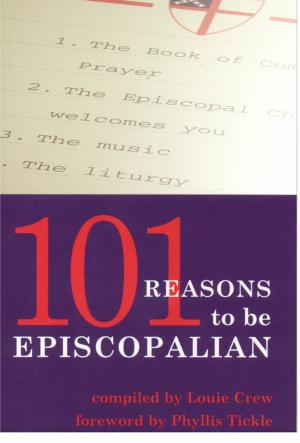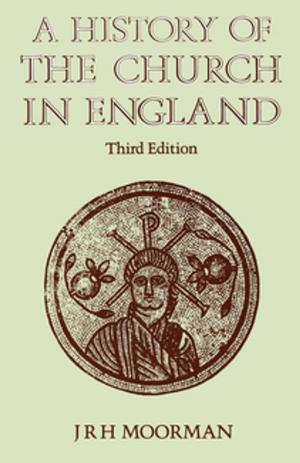A Practical Christianity
Meditations for the Season of Lent
Nonfiction, Religion & Spirituality, Reference, Ritual & Practices| Author: | Jane Shaw | ISBN: | 9780819227775 |
| Publisher: | Church Publishing Inc. | Publication: | January 1, 2012 |
| Imprint: | Morehouse Publishing | Language: | English |
| Author: | Jane Shaw |
| ISBN: | 9780819227775 |
| Publisher: | Church Publishing Inc. |
| Publication: | January 1, 2012 |
| Imprint: | Morehouse Publishing |
| Language: | English |
A Practical Christianity: Meditations for the Season of Lent is a devotional book that challenges readers to take up “practical Christianity”—proposing Christian faith as something we do, not something we merely believe in. The starting point for Christianity lies within its practice, says the author, and not in the blind acceptance of a chunk of undigested doctrine. The book samples fiction, poetry, art and music, combined with the wisdom of scripture and theology, to help pilgrims make sense of faith in the context of everyday life. Shaw reconsiders the central doctrines of Christian faith through the lens of how we practice them. She explores five themes: dust, forgiveness, time, doubt and love—devoting a chapter to each. This thematic approach is a way of presenting (covertly, since it’s not revealed until the end of the book) the doctrines of Creation and Sin, Forgiveness, the Trinity, Salvation, and finally Love.
A Practical Christianity: Meditations for the Season of Lent is a devotional book that challenges readers to take up “practical Christianity”—proposing Christian faith as something we do, not something we merely believe in. The starting point for Christianity lies within its practice, says the author, and not in the blind acceptance of a chunk of undigested doctrine. The book samples fiction, poetry, art and music, combined with the wisdom of scripture and theology, to help pilgrims make sense of faith in the context of everyday life. Shaw reconsiders the central doctrines of Christian faith through the lens of how we practice them. She explores five themes: dust, forgiveness, time, doubt and love—devoting a chapter to each. This thematic approach is a way of presenting (covertly, since it’s not revealed until the end of the book) the doctrines of Creation and Sin, Forgiveness, the Trinity, Salvation, and finally Love.















